#Mary Morris
Text


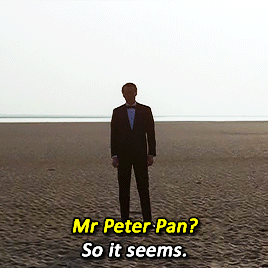
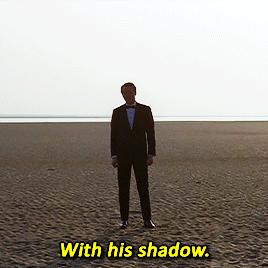
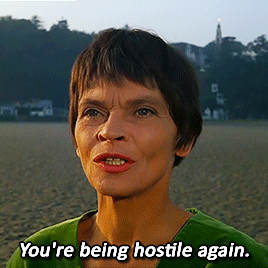

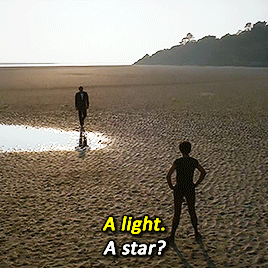
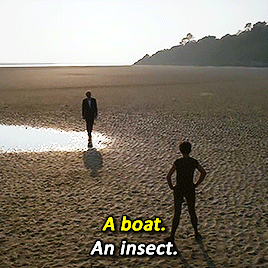
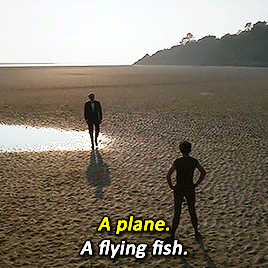
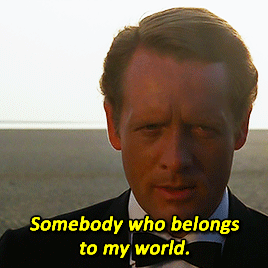
#The Prisoner#The Prisoner 1967#Patrick McGoohan#Number Six#Number Two#Mary Morris#Dance of the Dead
104 notes
·
View notes
Text
A little break from TDAAC because I wanted to redraw some old Hamilkids art for funsies.
And because I'm curious on how they look in my style now so here's AJ and James :)
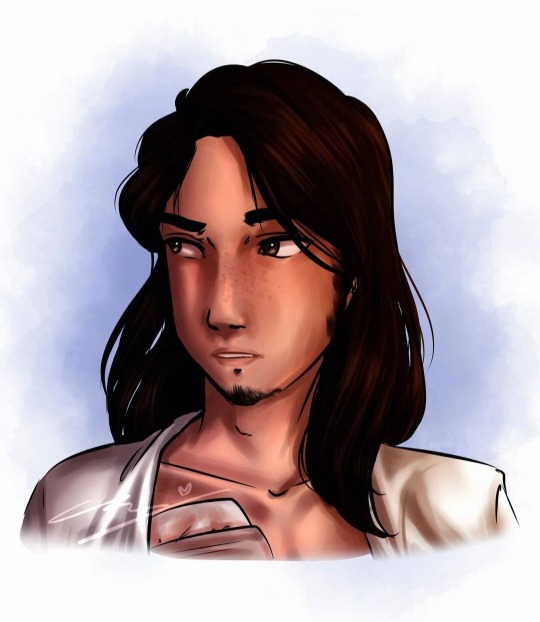
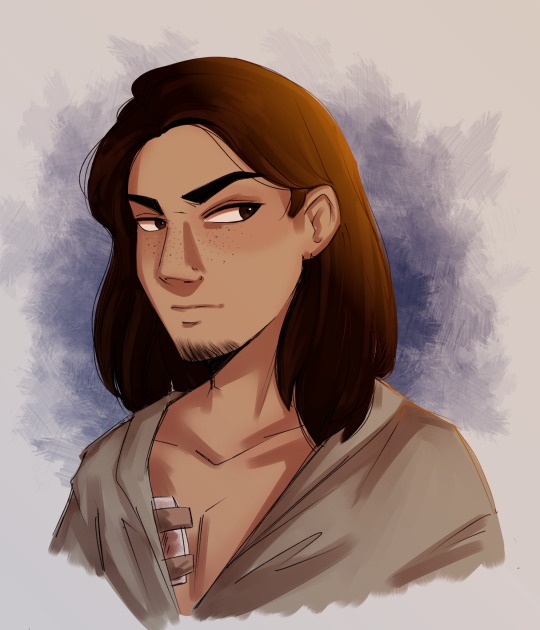
2020 || 2023


2019 || 2023
Also made this because I low-key miss them </3
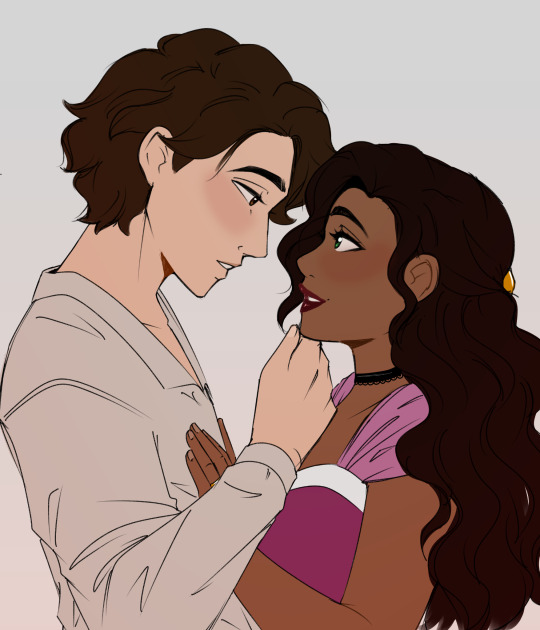
K that's all for now 🚶
#redraw#hamilkids#hamilwives#alexander hamilton jr#james alexander hamilton#mary morris hamilton#mary morris#can't believe i drew for this fandom again..#does anyone even remember this 💀
74 notes
·
View notes
Text
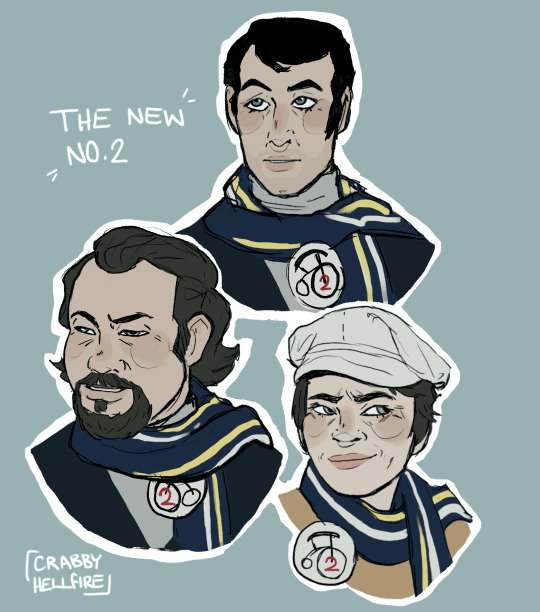
Lighting fast sketches of some Number 2’s
#art#digital art#procreate#fan art#the prisoner#my art#the prisoner 1967#mary morris#peter wyngarde#leo mckern#number 2#number two
8 notes
·
View notes
Text
(a rant about Star Trek: Picard)
So I just watched an episode of The Ray Bradbury Theatre (S.2, e11), 'There was an Old Woman.' It aired in May of 1988.
In this episode, an old woman, Tildy, played by Mary Morris, is surprised when men come into her house with a wicker basket that is the general shape of a coffin. There's a strange man who is completely silent. Tildy talks to him, yells at him and eventually tells all the men to get out of her house.
Turns out, predictably, they've come to collect her body and she is dead. The silent man is obviously Death, and he seems to respect the fact that she's spent all this time yelling at him because he eventually just puts his hat on and leaves.
For 30 minutes, this 70+ woman essentially monologues about her life. How she had refused to marry, how she had refused to have children. How she had raised her sister's daughter (and loved her) when she died. How she had never compromised her needs and wants for men. And how proud she was of all of this.
In the end, Tildy screams at the men at the funeral parlour to give her back possession of her own body. Confused, they agree. She gets back into her body, and goes back to her house.
Tildy was the primary focus for the entire show. Her needs, wants and desires were paramount. Sometimes she talked about men, but most of the time, she talked about herself and her own life.
Tildy was allowed to be angry. She was allowed to be emotional. She was allowed to tell men to leave her space. Tildy demanded autonomy over her own body- she literally screamed at about 10 men and argued to get possession of her own body back. Tildy yelled at all the men to take her body back home, to pick her up and put her back over her body, and then SHE found a way on her own to take control back over herself. And then she kicked all the men out.
Raffi's entire storyline in season 3 has been Worf telling her to control herself and calm down, but Tildy, in 1988, was allowed to be angry and emotional the whole time.
Tildy, as a ghost, got more respect from all the men in the room than Shaw has shown Seven in every scene.
The final scene is her in her chair, Tildy happily muses that the coroner's sewing up of her chest during her autopsy was 'decent sewing, for a man.'
Tildy had more agency and identity in a show from 1988 than ANY of the women from Star Trek: Picard have had in season 3 in particular.
All I could think about when watching this was how much more progressive this episode was compared to what I've seen from Star Trek: Picard.
How, in Picard, they keep everyone (but especially the mature women) in dark corners so you can barely see their faces. Picard's age is one that feeds directly into the plot at various points- sometimes there are light-hearted jokes, but for the most part, we're encouraged to relate and understand what life is like for man 'past his prime'.
Where is this discussion of age for Crusher? For Troi? For Laris (remember she exists?)? For any of the women? Riker gets to complain that his knees are shot- where's Crusher talking about her shoulder replacement? Oh, wait, that's right- Crusher's barely allowed to speak. Instead, she has to have long meaningful glances. And Gates does this amazingly well, but the men are allowed to monologue whilst the women are stuck in dark gloomy corners with ~meaningful glances~.
Tildy had her own unique storyline and identity that had nothing to do with the needs, wants and trauma of all the men around them. Because Seven, Crusher and Troi in particular have each been denied independent storylines, forced instead to orbit the men and mitigate the men's trauma and stories. Even Sidney's plot revolves around Daddy issues and a love interest with Picard's son.
And all I could think was how sad it was that this 70+ year old woman had more agency and identity in a show from 1988 than ANY of the women from Star Trek: Picard have had in season 3 in particular.
How we're allowed to SEE her -- LOOK at these lines.

Picard keeps all of their characters, but especially the ~women of a certain age~ in dark shadows. Gates McFadden literally said that she couldn't even see Patrick Stewart during filming for their scenes.
The saddest thing is, this episode from 1988 is not that groundbreaking; rather, it's just that Picard is that much of a failure when it comes to women.

In DS9, they gave Keiko her own storyline, and she wasn't even a main character. They gave Grilka her own storyline and she was in two episodes. So why can't Picard bother to give Seven something more to do than sit there and listen to abuse from Shaw and trauma-dumping from Picard and Jack? Oh, and wax lyrical nostalgia. Not enough.
And this isn't just a Star Trek: Picard thing. Yes, hands down, TOS was awful toward women and rarely let women even speak to each other. TNG only let Crusher and Troi talk to each other when it was about men and they were in leotards. But by the time they reached DS9, things were better. Kira is allowed to be angry when we meet her- and she stays angry for a long time. There are storylines about her anger. Keiko hates DS9. She's allowed to have a storyline about that. And for Voyager, Janeway has plenty of chats with B'Elanna, Kes and Seven that are not about men. B'Elanna is, like Kira, allowed to be angry (though VOY often takes a step backward saying that she is 'out of control' with her emotions-- notice the white woman (Kira) is allowed to be angry, but the woman of colour (B'Elanna,) is out of control. Some racial bias there, I think). Janeway is allowed to be occasionally batshit crazy, and that's okay.
Point is, by the time DS9 and VOY came on, they figured out that it was okay to have women as a focus for a story, and they were allowed to have their stories and plots and identities and needs and wants and mistakes of their own. There was room for improvement, but it was the 90s and it was better than TNG. Kira and Dax were allowed to be together to talk about nothing significant. They did this well on DS9, and although they could have done better on Voyager, the women were still autonomous and had their own identities.
So if Janeway, B'Elanna and Kira were allowed to be angry and emotional more than 2 decades ago, why is Raffi is treated as defective for her emotions? Why is she treated as a time-bomb who can't be controlled-- who is so out of control, by the way, that they have to separate her and Seven?
Dax (and Evil Kira!) are allowed to have romantic relationships with women and a career at the same time- something Seven and Raffi are not allowed to do because Matalas doesn't think you can have both simultaneously.
Star Trek: Picard has NO EXCUSE.
Gates McFadden, Jeri Ryan, Michelle Hurd, Michelle Forbes, Marina Sirtis and Ashlei Sharpe Chestnut have done amazingly well with the tiny crumbs they've been given this season. They've managed to make what are completely forgettable and insignificant moments realised just through brilliant acting- to move their characters beyond what few bits there are for them on the page. They deserve so much more than to only exist in order to further the needs and wants of the men in the show, and to give the men a sounding board to process their trauma.
But here's what I'm asking myself...
WHY IS AN EPISODE FROM A SHOW FROM 35 YEARS AGO MORE PROGRESSIVE IN ITS DEPICTION OF WOMEN THAN STAR TREK: PICARD?
In conclusion... tl;dr
The petrol of Nostalgia that this show [Picard] is currently running on is not enough because the very era they're being nostalgic about was more progressive than the current show.
#star trek picard#star trek deep space nine#star trek voyager#ray bradbury threatre#gates mcfadden#jeri ryan#michelle hurd#michelle forbes#marina sirtis#ashlei sharpe chestnut#women of star trek#mary morris#why is a show from 35 years ago more progressive in its depiction of women than star trek picard#1988 tv#turn on the lights#women of star trek deserve better#picard spoilers#the petrol of nostalgia is not enough#and they fucking fridges Ro Laren
52 notes
·
View notes
Text
Her 🫠
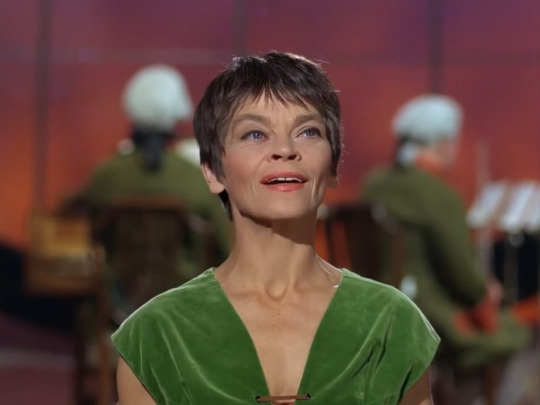

She's seriously my fav number two. Mary Morris's acting is incredible
#mirror Ezri get to replace the intendant vibe#number 2#the prisoner 1967#mary morris#marry morris number 2
4 notes
·
View notes
Photo

(via The Grim Gallery: Exhibit 4138)
Mary Morris in The Thief of Bagdad (1940)
57 notes
·
View notes
Photo
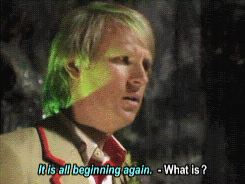

“What is? History is...”
Kinda - season 19 - 1982
58 notes
·
View notes
Photo

A young Mary Morris in a publicity photo.
13 notes
·
View notes
Photo
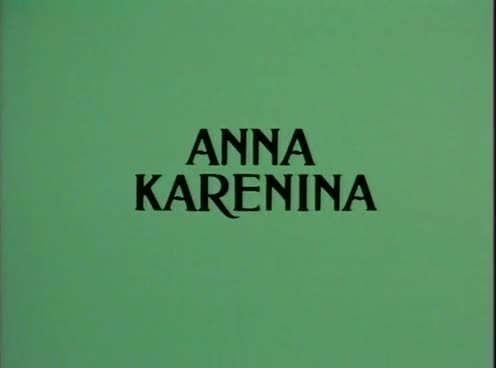


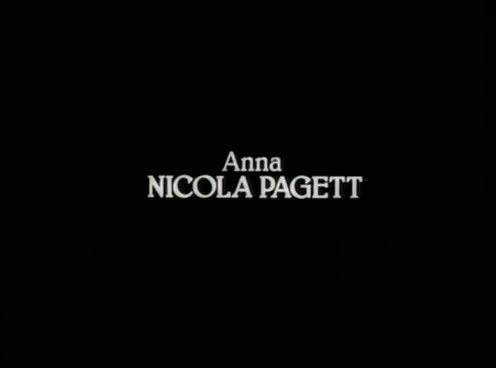
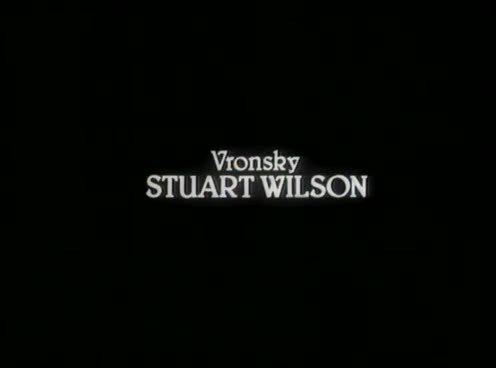

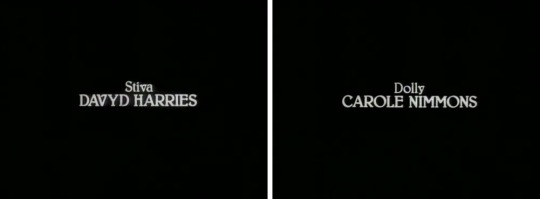
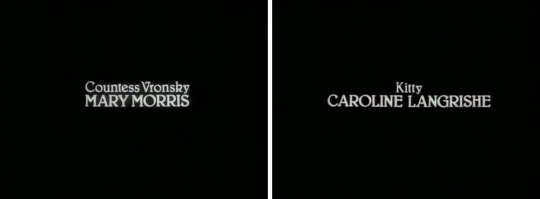


Anna Karenina - BBC - September 25, 1977 - November 20, 1977 / US February 5, 1978 - April 9, 1978
Drama / Miniseries (10 episodes)
Running Time: 60 minutes
Stars:
Nicola Pagett as Anna
Stuart Wilson as Vronsky
Eric Porter as Karenin
Robert Swann as Levin
Davyd Harries as Silva
Carole Nimmons as Dolly
Mary Morris as Countess Vronsky
Caroline Langrishe as Kitty
Patricia Lawrence as Princess Scherbatsky
Geoffrey Toone as Prince Scherbatsky
Neville Barber as Sergei
Sheila Gish as Princess Betsy
Paul Spurrier as Seriozha
Dennis Edwards as Professor Wurst
Powell Jones as Grinevitch
Robert Russell as Malvey
Lucinda Gane as Countess Nordston
Marilyn Le Conte as Annuska
Josephine Parker as Denka
#Anna Karenina#TV#BBC#1977#Drama#Miniseries#Nicola Pagett#Stuart Wilson#Eric Porter#Robert Swann#David Harries#Carole Nimmons#Mary Morris#Caroline Langrishe#Patricia Lawrence#Geoffrey Toone
8 notes
·
View notes
Text


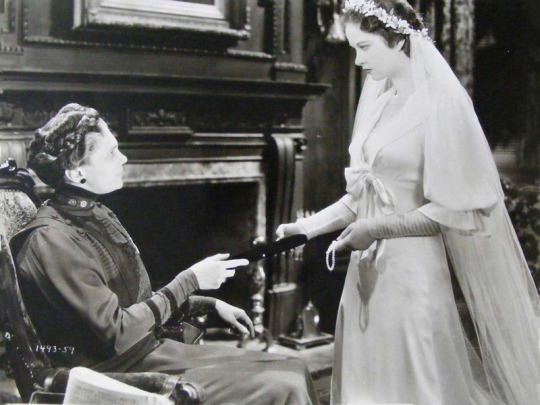

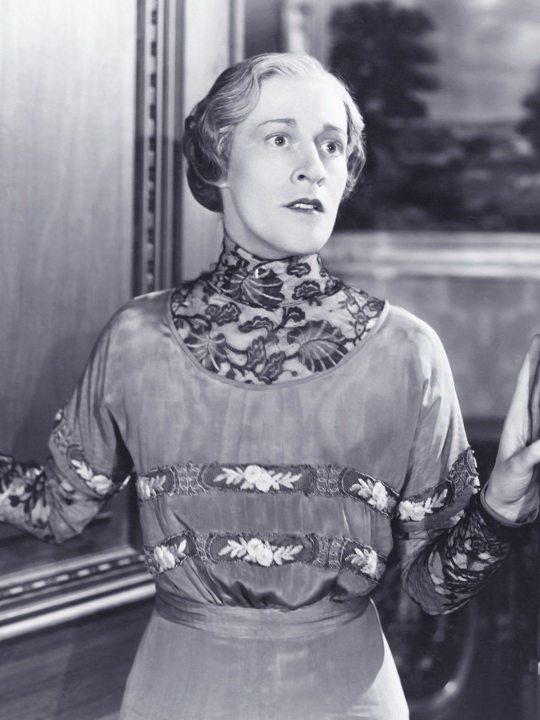

Double Door (1934) Charles Vidor
April 21st 2024
#double door#1934#charles vidor#evelyn venable#mary morris#anne revere#kent taylor#colin tapley#guy standing#virginia howell#helen shipman#pre-code#PreCodeApril
0 notes
Text

Mary Lilian Agnes Morris (13 December 1915 – 14 October 1988) was a Fijian born British actress. Via Wikipedia
0 notes
Text
youtube
the thief of bagdad, ludwig berger michael powell tim whelan 1940
#the thief of bagdad#ludwig berger#michael powell#tim whelan#1940#alexander korda#conrad veidt#mary morris
1 note
·
View note
Text
A for Andromeda (1961)
A for Andromeda is a British science fiction television series that was first aired in 1961. The show was produced by the BBC and consisted of seven episodes. It stared Esmond Knight as Professor Ernst Reinhart who would open each episode with an interview where he discussed the goings on of the series.
The show’s plot centers around a group of scientists who receive a mysterious signal from the…

View On WordPress
#A for Andromeda#Donald Stewart#Esmond Knight#Geoffrey Lewis#John Hollis#Julie Christie#Mary Morris#Noel Johnson#Patricia Kneale#Peter Halliday#Peter Henchie
0 notes



